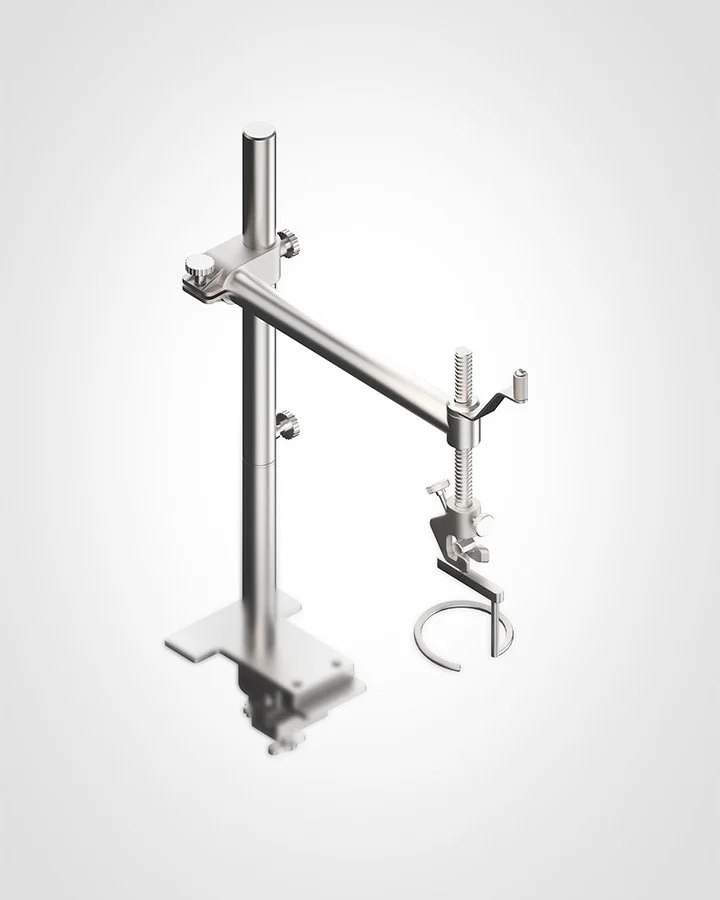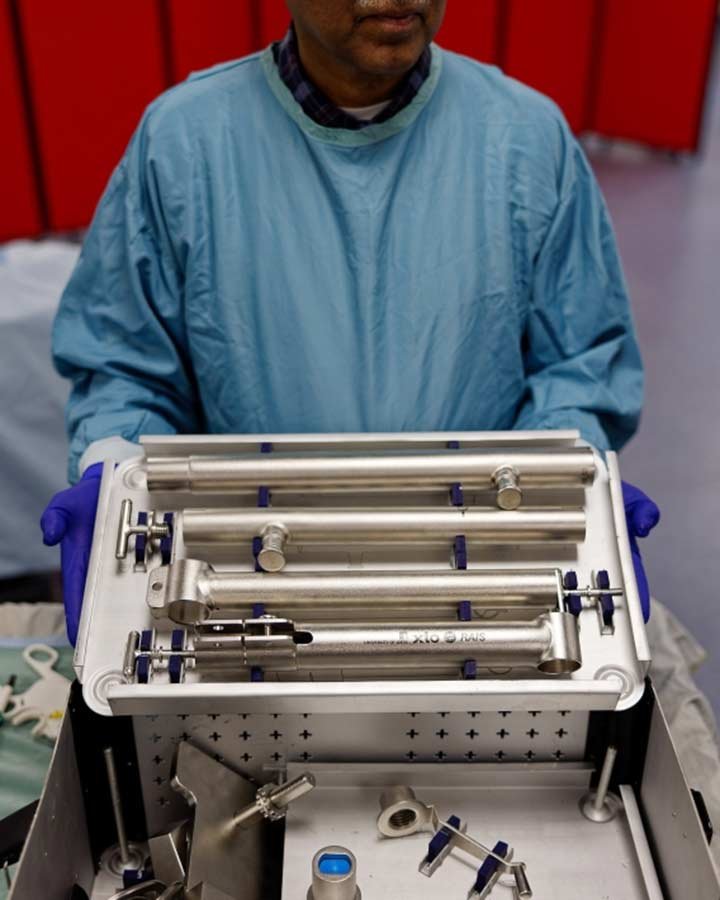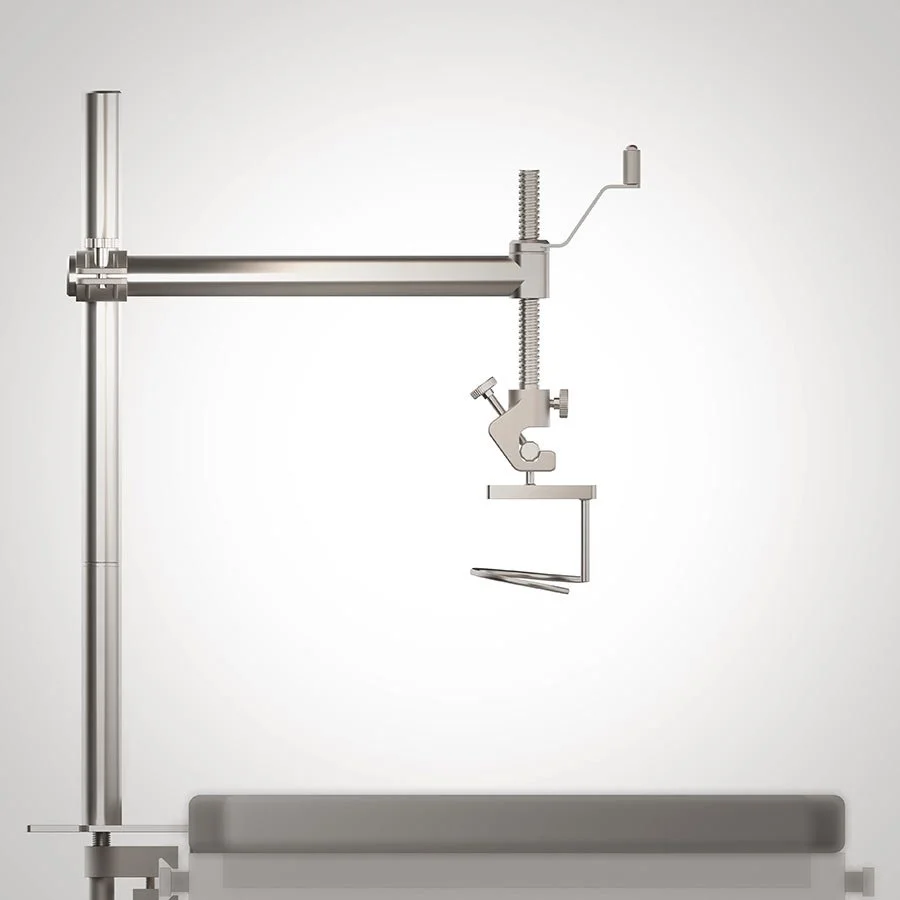Abdominal Retractor
Concept to CE marked medical device
Loresa RAIS
Client: In many low-resource healthcare settings, keyhole surgery is held back by a single critical limitation: dependable access to medical-grade CO₂. Without it, minimally invasive procedures either become impractical or revert to more invasive alternatives. A clinical innovation team set out to change this landscape with RAIS (Retractor for Abdominal Insufflation-less Surgery), a frugally innovated solution for gasless laparoscopy. Loresa Health approached us to help transform an early research insight into a viable product pathway.
Approach: We began with in-depth user and ethnographic research across low-infrastructure clinical environments, mapping the realities of power availability, workflow fatigue, training constraints and maintenance demands. These insights shaped a strategy centred on simplicity, robustness, and ease of integration, ensuring RAIS could function reliably where traditional gas-supply chains cannot.
Challenges: Environmental extremes, sterilisation practices, and supply-chain variability all needed to be considered within a frugal-innovation framework. RAIS had to carefully balance consistent, reliable performance whilst keeping cost, engineering complexity, and component count to a minimum.
Deliverables: Focused on accelerating real-world adoption, our team delivered a complete product development pathway for RAIS through to full DFM resolution. We built and tested multiple functional prototypes to validate performance, reliability, and usability in low-infrastructure settings, then established a scalable manufacturing approach. This ensured RAIS could be built, maintained, and deployed with confidence.
Impact: By enabling safe, reliable gasless laparoscopy, RAIS expands surgical capability in regions previously limited by infrastructure constraints. Its successful commercialisation marks a step forward in accessible surgical technology and positions the product for continued global rollout.




“The expertise that Pd-m International brings in understanding unique medical challenges and incorporating novel solutions into practical devices will be crucial to the success of our mission. We are extremely grateful to Pd-m International for their philanthropic approach to supporting the plight of some of the most globally challenged populations and helping GHRG-ST in its ambition towards universal health coverage by 2030.”
